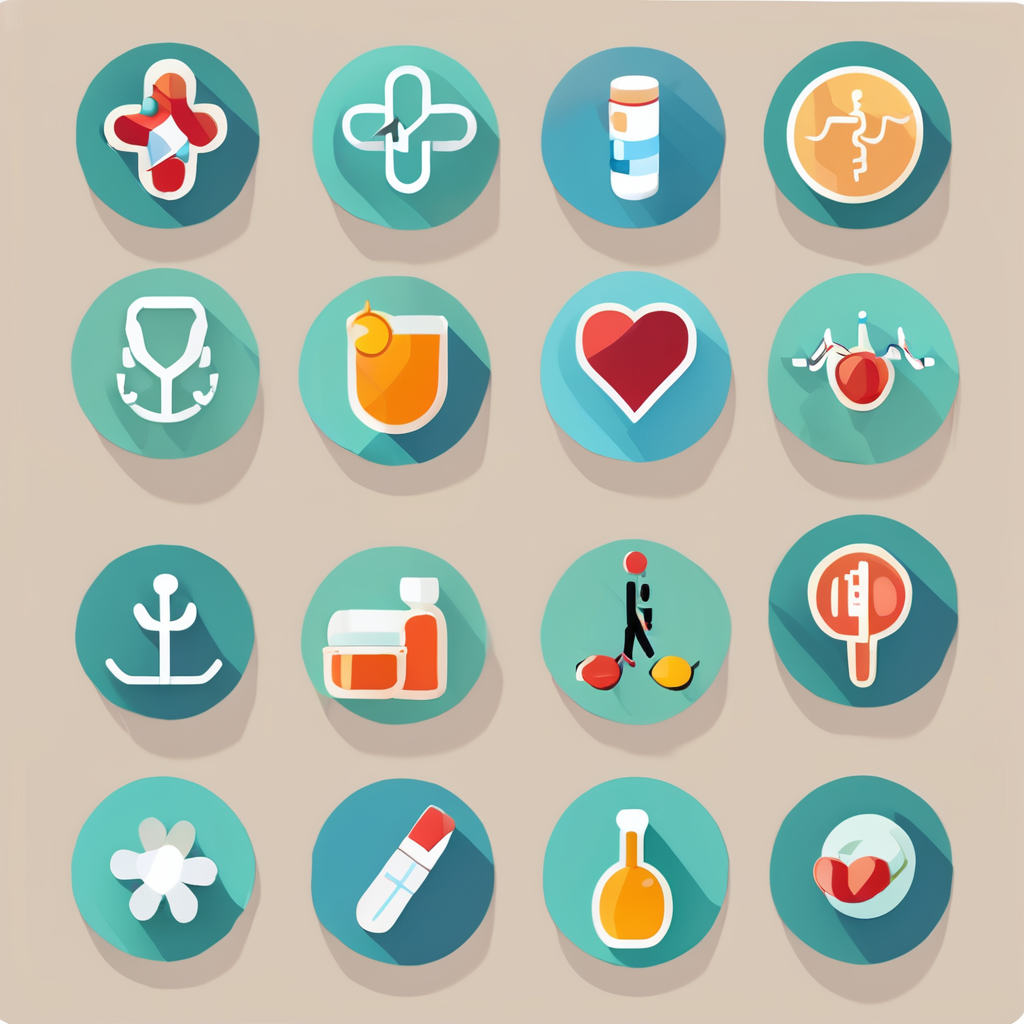Cancer treatments can be a daunting journey for patients, often filled with uncertainty and challenges. Alongside medical therapies, nutrition plays a crucial role in enhancing the effectiveness of these treatments. It can help manage side effects and improve overall health, but many patients may not realize its importance. In this article, we will explore how dietary choices can impact the treatment process, the specific nutrients that can support healing, and practical tips to maintain a balanced diet during this critical time.
Understanding the Role of Nutrition in Cancer Treatment
When undergoing cancer treatment, the body requires a variety of nutrients to support recovery and cope with the effects of therapy. Nutritional support can significantly impact how patients feel during treatment, as well as their overall health outcomes. Research has shown that a well-balanced diet can enhance the effectiveness of cancer therapies, reduce the risk of malnutrition, and help maintain a healthy weight.
In parallel : What are the implications of antibiotic overuse on public health?
Malnutrition is common among cancer patients, affecting approximately 20% to 80% of individuals, depending on the type of cancer and stage of treatment. Eating a nutritious diet becomes even more crucial to counteract weight loss and muscle wasting, which can result from both the disease and its treatments. A diet rich in protein, vitamins, and minerals is essential to support the immune system and tissue repair.
Moreover, various studies have indicated that specific foods may have properties that help reduce the toxicity of treatments and improve recovery times. For example, antioxidants found in fruits and vegetables can combat oxidative stress caused by chemotherapy, potentially diminishing some negative effects. Thus, understanding the role of nutrition is fundamental for patients seeking to improve their quality of life during treatment.
In parallel : How can hydration levels influence skin health and appearance?
Key Nutrients for Cancer Patients
Incorporating the right nutrients into your diet can significantly aid your body during therapy. Key nutrients include:
-
Protein: Essential for repairing tissues and maintaining muscle mass, protein can be sourced from chicken, fish, legumes, and dairy products. Patients should aim for an adequate intake to combat muscle loss.
-
Fruits and Vegetables: Packed with vitamins, minerals, and antioxidants, these foods can enhance immune function and support overall health. Aim for a variety of colors on your plate, which ensures a range of nutrients.
-
Healthy Fats: Sources like avocados, olive oil, and nuts can provide essential fatty acids that contribute to heart health and inflammation reduction. These fats also serve as a concentrated source of calories, which can be beneficial during treatment when appetite may wane.
-
Whole Grains: Foods such as brown rice, quinoa, and whole wheat bread provide fiber, which helps with digestion and can alleviate some effects of treatment, such as constipation.
-
Hydration: Maintaining fluid intake is crucial, especially if treatments lead to dehydration or nausea. Water, herbal teas, and broths can be excellent sources of hydration.
By focusing on these essential nutrients, patients can help mitigate the risk of malnutrition and support their body in handling the challenges of cancer treatments.
Practical Dietary Strategies for Cancer Patients
Implementing effective dietary strategies can ensure that cancer patients receive optimal nutritional support. Here are some practical tips to consider:
-
Plan Meals Ahead: Preparing meals in advance can help ensure that you have nutritious foods readily available, even on days when energy and appetite may be low. Consider batch cooking or meal prepping on better days.
-
Small, Frequent Meals: Eating smaller portions more frequently can combat nausea and improve appetite. Instead of three large meals, aim for five to six smaller ones throughout the day.
-
Incorporate Nutrient-Dense Snacks: Stock up on snacks that provide high amounts of nutrients in smaller servings. Nuts, yogurt, and smoothies packed with fruits can make excellent choices.
-
Seek Professional Help: Consulting a registered dietitian can provide personalized nutrition advice tailored to specific cancer types and treatment plans. They can help create a customized diet that aligns with your therapy objectives.
-
Listen to Your Body: Pay attention to how different foods affect your body and adapt your diet accordingly. If certain foods trigger nausea or discomfort, it may be wise to avoid them and explore other options.
By implementing these dietary strategies, cancer patients can better navigate the complexities of eating during treatment and help enhance their overall health outcomes.
The Psychological Importance of Nutrition
Beyond physical benefits, good nutrition can also play a significant role in the psychological well-being of cancer patients. The journey of battling cancer can be mentally taxing, and maintaining a healthy diet can provide a sense of control and normalcy.
Engaging in meal preparation and making informed food choices can foster a positive mindset. The act of preparing a nutritious meal can be therapeutic and provide a moment of focus away from cancer-related worries. Moreover, when patients feel better physically due to improved nutrition, it can enhance their mood and outlook on treatment.
Social interactions around meals can also promote emotional health. Inviting friends or family to share a meal creates support networks that are vital for mental well-being. Additionally, participating in cooking classes or nutrition workshops specifically designed for cancer patients can foster community and reduce the feeling of isolation.
Research indicates that a positive outlook can improve treatment outcomes, including adherence to therapy and overall quality of life. Therefore, focusing on nutrition not only addresses physiological needs but also contributes significantly to the mental fortitude necessary for facing cancer head-on.
Nutritional support plays a vital role in enhancing the effectiveness of cancer treatments. By focusing on a balanced diet rich in essential nutrients, patients can better manage the effects of therapy, mitigate malnutrition, and improve their overall health outcomes. Incorporating practical strategies, understanding the importance of key nutrients, and recognizing the psychological benefits of good nutrition can empower patients throughout their treatment journey. As you navigate the complexities of cancer care, remember that the food on your plate can be a powerful ally in your fight against cancer.










